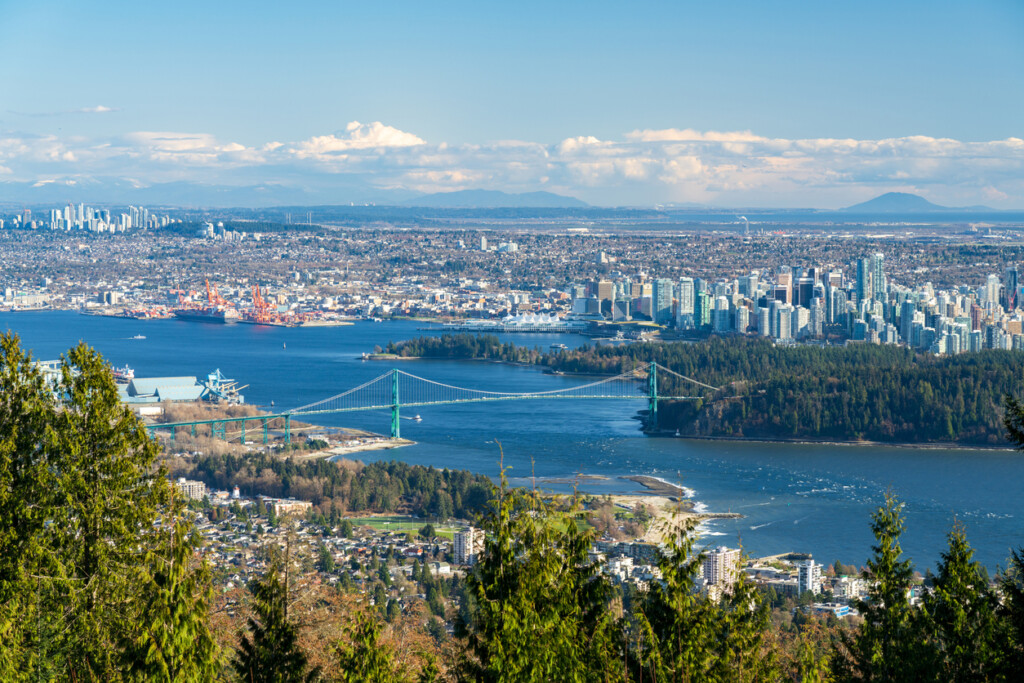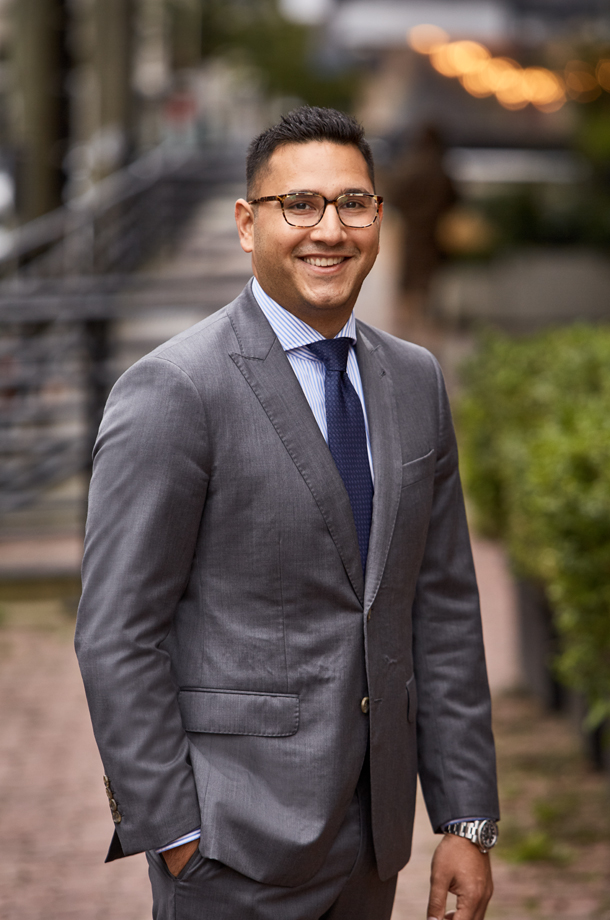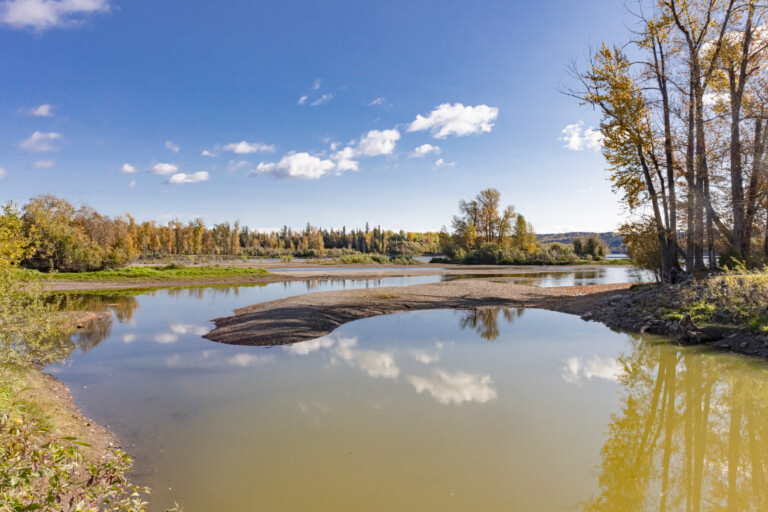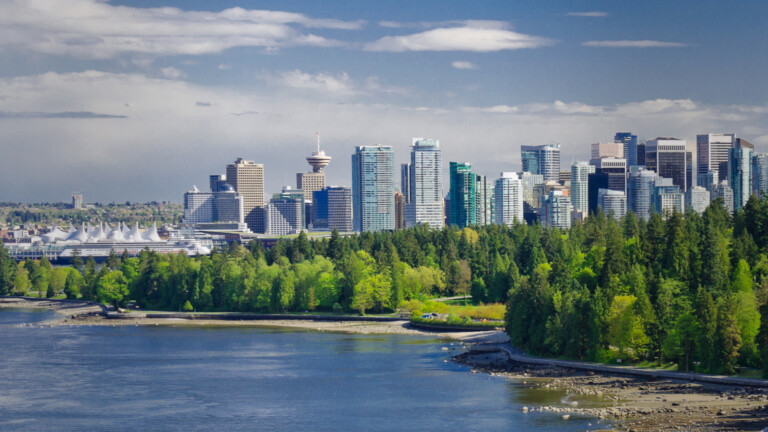
By Saul Joseph
On October 25, 2022, Vancouver became the first city in Canada to formally adopt a strategy (Strategy) for the implementation of the United Nations Declaration on the Rights of Indigenous Peoples (UNDRIP) at the municipal level.
Background
On February 26, 2013, Vancouver City Council (Council) passed a motion to endorse UNDRIP. On March 9, 2021, Council passed a motion to create an UNDRIP Task Force comprised of members of Council, Musqueam Indian Band, Squamish Nation, and Tsleil-Waututh Nation (collectively, the MST Nations).
The Task Force was created on the basis of a government-to-government relationship through which the MST Nations worked with City officials to develop recommendations as to how Vancouver can implement UNDRIP as a framework to foster reconciliation and Indigenous relations.
Strategy
The City had approved a number of Early Actions on June 7, 2022, including prioritizing the participation of the MST Nations in procurement projects and mandating cultural competency and anti-racism training for City employees. The Task Force, however, further outlined 79 Calls to Action to ensure the successful implementation of UNDRIP by the municipality, focusing on Indigenous leadership, allowing for free, prior, and informed consent of the Nations, and addressing the structural and legal impacts of colonialism. These Calls to Action include:
- Social, cultural, and economic well-being through:
- Increased access to public goods and services, such as rights to water on reserve lands and affordable housing
- Cultural revitalization focusing partly on restoration and access to cultural sites
- Economic well-being by creating economic partnerships and revenue-sharing arrangements
- Ending Indigenous-Specific Racism, including addressing:
- Environmental racism through conducting reviews of hazardous industrial projects through the lens of Indigenous human rights and Indigenous engagement in environmental initiatives
- Leases, housing, and land by working with the MST Nations on Vancouver’s housing strategy
- The provision of services, such as access to healthcare and other institutions while receiving culturally appropriate and safe services
- Policing by working with the Vancouver Police Department to integrate UNDRIP into their operations, such as sending mental health professionals to respond to situations that do not require a police response
- Self-Determination and the Inherent Right to Self-Government, including:
- Revenue-sharing through property taxes, developers’ fees, and fees from special events and filming
- Disposition of city-owned lands to MST Nations by identifying lands which are culturally, economically, and socially significant to be repatriated
- Shared decision-making by allowing the MST Nations to take part in City projects and plans by requiring genuine free, prior, and informed consent of the Nations
- Inclusion of representatives of the Nations on boards, including the Metro Vancouver Board and the Vancouver Park Board
- Rights and Title of Indigenous Peoples through:
- Inclusion of Indigenous legal traditions by identifying ways for elected officials, City staff, and the public to learn about the Musqueam, Squamish, and Tsleil-Waututh laws and how colonialism has impacted such laws
- Support for cultural practices and land back by identifying ways to support the practice of traditions and supporting language revitalization
- Establishment of institutions for Musqueam, Squamish, and Tsleil-Waututh members to learn traditional ways by supporting the creation of cultural and healing centers
- Involvement and voice of the diverse Indigenous populations living in the city by creating ways for Indigenous peoples to be represented in decisions that impact their lives such as quality of life and access to services
In furthering the next steps now that the Strategy has been adopted, the City will determine how the Calls to Action will be implemented through consultation with the MST Nations and urban Indigenous populations. An UNDRIP intergovernmental committee governed jointly by the City, as well as the MST Nations, will also lead the charge in moving forward with the recommendations and tracking their progress.
Potential Implications
Vancouver was one of the first local governments to endorse UNDRIP and is once again leading the way with respect to the implementation of UNDRIP. Since enactment of the Declaration on the Rights of Indigenous Peoples Act, local governments throughout British Columbia have been reconsidering their relationships with surrounding Nations and what the implications of UNDRIP may be for municipalities.
The Strategy may prove to be a useful tool for other local governments to model their approaches for the implementation of UNDRIP. There is an opportunity now for local governments to engage early, build relationships, and garner goodwill from Nations by grappling with the implementation of UNDRIP. In time, municipal legislation will be amended to be consistent with UNDRIP and local governments will be forced to adapt. The benefits of early adoption are many and we expect to see additional local governments opting to start the discussions early and advance the process of reconciliation using UNDRIP and the Strategy as a framework.



